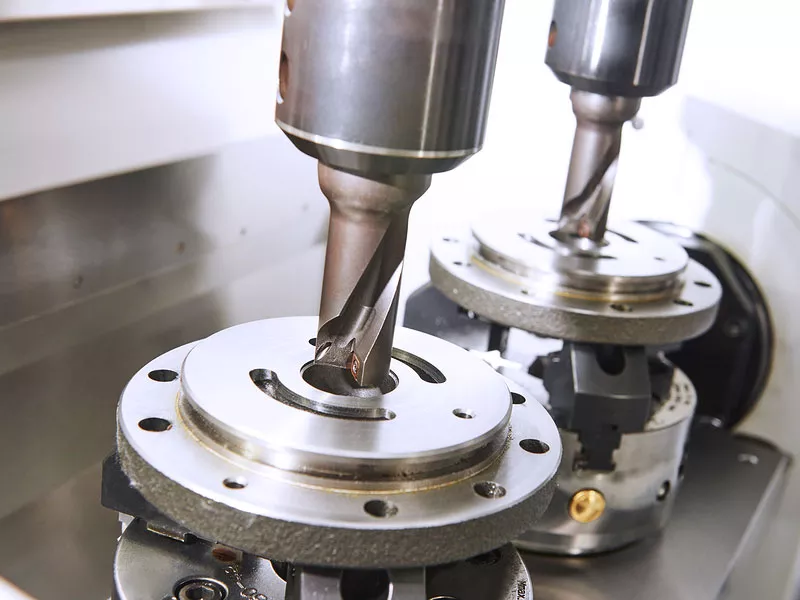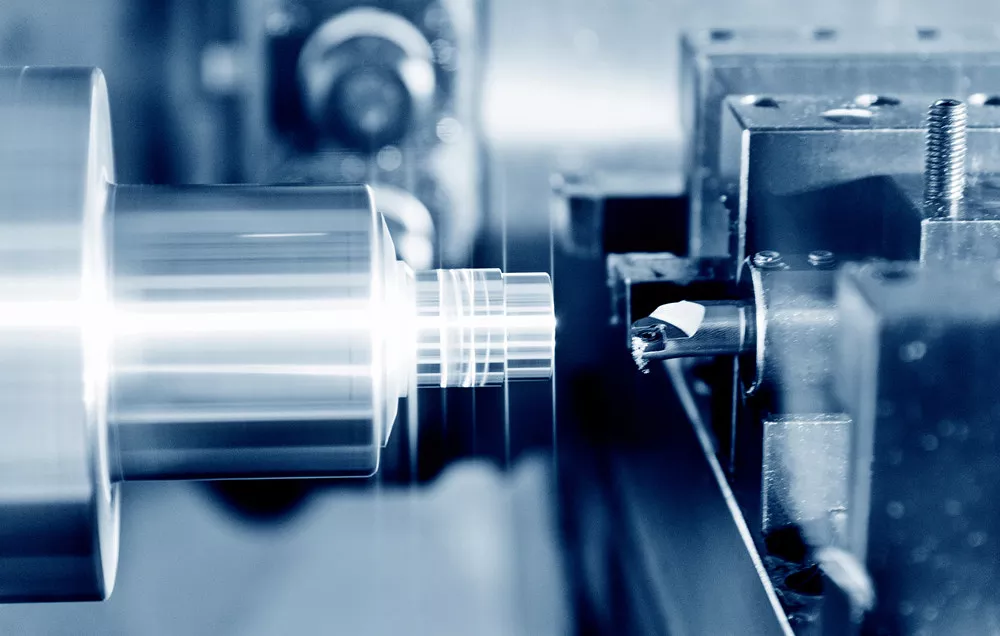Why choose CNC plastic milling over other methods?
Table of Contents
If you are looking for a CNC plastic milling machine shop to work with, it is important to understand the basic information about machining plastic parts. While CNC plastic milling is popular because of its accuracy, and it has many benefits over other machining process methods, the quality of related machining service providers on the market varies, so it’s even more important to proceed with caution. In this article, we will explore CNC plastic milling, its benefits, the plastic materials that can be machined with this method, the machines used, and the accuracy that can be achieved.
What is CNC plastic milling?
CNC plastic milling is a subtractive process that involves the removal of material from a plastic workpiece using a program-controlled CNC machining machine. The process consists of a high-speed rotating cutting tool that removes material from the workpiece to produce the desired shape. A computer program controls the cutting tool. Everything is then set up by a technician who sets up the program, and then the machine controls the path of the tool and the amount of material to be removed according to the program’s designation. The process is highly automated, efficient, and accurate in every way except for the setting of the program and the parameters.
Benefits of CNC Plastic Milling
CNC plastic milling has several benefits over other plastic processing methods:
- It is cost-effective, especially for producing small or medium-sized plastic parts.
- It produces high-quality parts with smooth surfaces, which makes it ideal for producing parts that require a high degree of accuracy.
- CNC plastic machining is a flexible method for producing various plastic parts, including complex shapes and contours.
- It can machine parts with machining accuracy that other processes cannot achieve, as well as some special plastic materials.
What plastic materials can be processed by CNC plastic milling, and what are the characteristics of the materials?
CNC plastic milling can be used to machine a variety of plastic materials, including ABS, acrylic, polycarbonate, PVC, and nylon. These materials have unique properties that make them suitable for different applications. For example, ABS is known for its toughness, impact resistance, and low cost, while polycarbonate is known for its high strength, impact resistance, and clarity. PVC is also widely used for its high chemical resistance and low cost.
Several makes and models of CNC machines are typically used for CNC plastic milling. These include.
1. Haas CNC machines. Haas machines are known for their durability and reliability, making them a popular choice for plastic milling. The Haas VF-2 and VF-3 are typically used for this purpose.
2. Mazak CNC machines. Mazak is another popular brand of CNC plastic milling, and models like the Mazak VCN-530C and Mazak VCN-430A are commonly used for this application.
3.DMG Mori CNC machines. DMG Mori is a leading CNC machine tool manufacturer, and their models, like the DMU 50 and DMU 60, are often used for plastic milling.
4. Okuma CNC machines. Okuma has known for their high performance in CNC machines, and their Genos M560-V is a popular choice for plastics machining.
5.Fadal CNC machines. Fadal machines are popular for their speed and accuracy, and the Fadal VMC 3016FX is a popular model for plastics milling.
Other brands often used for CNC plastics milling include Hurco, Doosan, and Brother. Ultimately, the choice of brand and model will depend on specific applications, production requirements, and budget.
The accuracy of CNC plastic milling depends on the quality of the machine used. Some of the most popular makes and models of CNC milling machines used for plastics processing include Haas, Fadal, Mazak, and Okuma. These machines can achieve very high levels of accuracy, with some models having tolerances as low as 0.0001 inches. Accuracy also depends on the complexity of the part being produced and the operator’s skill level.
Summing up
In summary, CNC plastic milling is efficient and cost-effective for producing high-precision, high-quality plastic parts. It offers several benefits over other plastic machining methods, including flexibility, the ability to produce complex shapes, and smooth surfaces. The process can produce a wide range of plastic materials, and the accuracy achieved depends on the machine quality and the operator’s skills. Therefore, when choosing a plastics processing plant, it is important to consider whether the plant in question has experienced operators and technicians, as this means that the plant has a certain accumulation of skills, which determines whether your parts can be processed according to the requirements.


